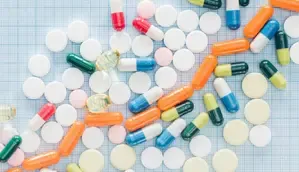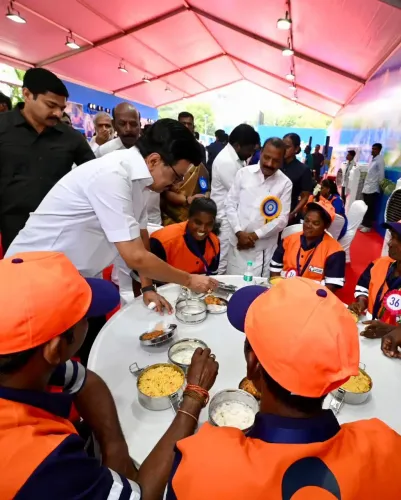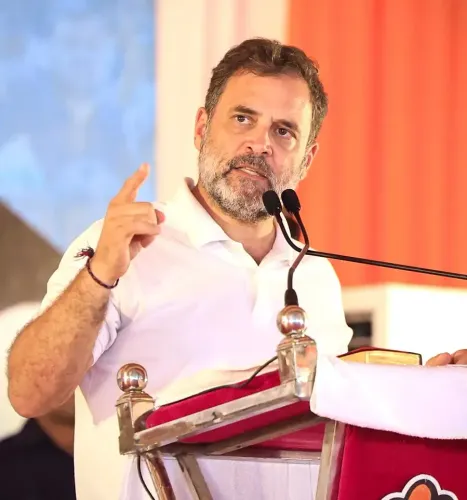Analysts Applaud US Tariff Exemption for Indian Pharma, Urge for Enhanced Local Production

Synopsis
Key Takeaways
- Exemption of Indian pharmaceutical exports from tariffs.
- Emphasis on the significance of affordable generic medicines.
- US-India trade relationship aims for $500 billion target.
- Indian pharmaceuticals crucial for US healthcare costs.
- Need to strengthen domestic manufacturing for healthcare.
New Delhi, April 3 (NationPress) Industry experts on Thursday expressed approval regarding the exemption of Indian pharmaceutical exports from the reciprocal tariffs imposed by Trump, while emphasizing the necessity to enhance domestic manufacturing.
The specialists highlighted the significance of cost-effective and life-saving Indian generic medicines as the rationale behind the exemption.
A factsheet released by the White House on Wednesday following US President Donald Trump’s declaration of a 26 percent reciprocal tariff on imports from India indicated that pharmaceuticals would be excluded.
Indian medications, particularly generics, play a crucial role in maintaining the affordability of the US healthcare system, which is already one of the most expensive globally.
“India and the US maintain a robust and enhancing bilateral trade relationship, with a shared ambition to double trade to $500 billion under the Mission 500 initiative. Pharmaceuticals are a fundamental aspect of this partnership, as India is vital in supplying affordable medicines for global and US healthcare,” stated Sudarshan Jain, Secretary General of the Indian Pharmaceutical Alliance (IPA).
“The exemption of pharmaceuticals from tariffs highlights the crucial role of cost-effective, life-saving generic medicines in public health, economic stability, and national security,” he added.
The US is the largest importer of pharmaceuticals from India, with products in this category worth $8.73 billion during the fiscal year 2024, according to figures mentioned by the India Brand Equity Foundation (IBEF). IBEF noted that 31.5 percent of India’s pharmaceutical exports were directed to the US.
Jain mentioned that the Indian pharmaceutical sector is dedicated to fulfilling the mutual priorities of both nations. The country aims to “enhance medicine supply chain resilience and reinforce national security by ensuring access to affordable medicines for all,” he stated.
In the fiscal year 2023-24, India's medical device exports to the US were valued at $714.38 million, while imports from the US to India were significantly higher at $1,519.94 million, according to data provided by the Export Promotion Council of Medical Devices.
Rajiv Nath, Forum Coordinator of AiMeD, remarked that “the introduction of a 26 percent reciprocal tariff on Indian medical device exports to the US could present a substantial challenge to the sector's growth.”
“Historically, India has been a key provider of cost-effective, high-quality medical devices to the US, especially in low-value, high-volume consumable categories.
However, this new tariff may potentially affect Indian medical device exports, and we must seek opportunities where the US is looking to diversify its supply chain reliance on any single nation,” Nath emphasized.
He underscored the importance of “prioritizing healthcare security by bolstering domestic manufacturing and lessening dependence on foreign markets.”









